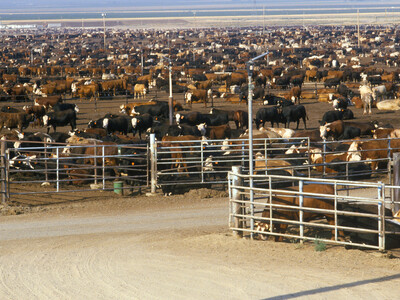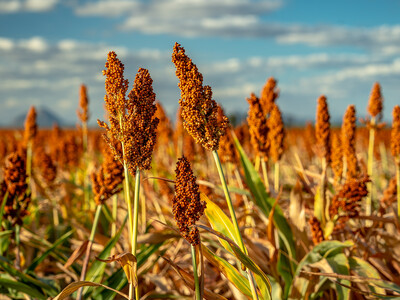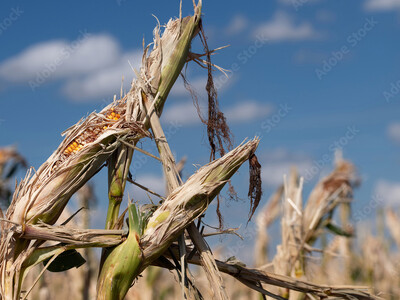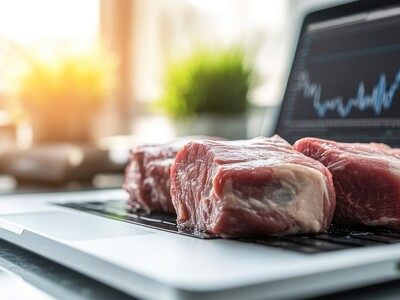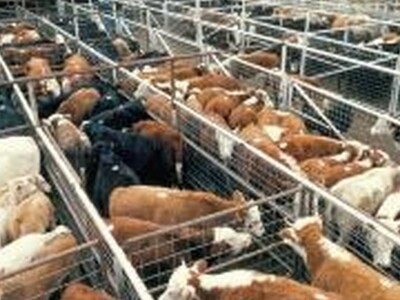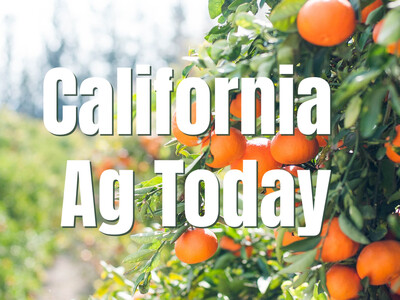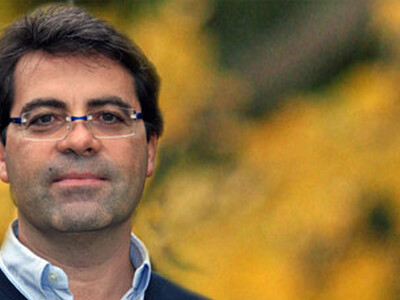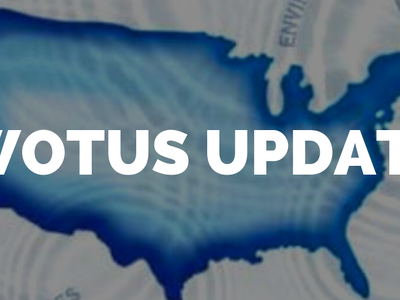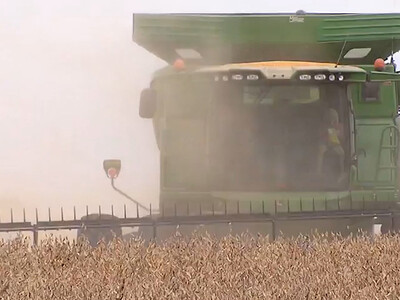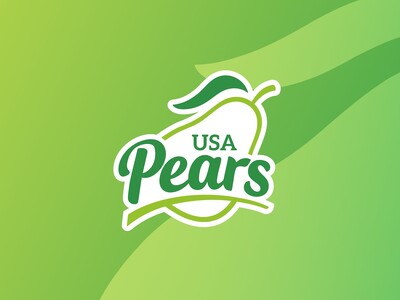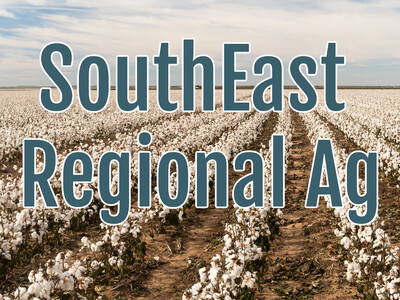Driving the Online Debate
Driving the Online Debate. I’m Greg Martin with today’s Line On Agriculture.
I spent a great many hours in both our school and public libraries growing up. I loved to do research and dig through books and magazines on a particular subject but today when someone wants information about any subject including U.S. agriculture, people pull up a chair in front of the computer to Google a subject. That’s not particularly good news for farmers and ranchers.
KROTZ: What pops up on page one of Google, Yahoo and MSN is generally content that’s driven by advocacy organizations, the environmental working group, Greenpeace, PETA, you know, organizations that certainly have a distinct message but also not always in the best interest of ag production.
Randy Krotz is senior vice president of Vfluence Interactive, which analyzes internet activity. He says that while the internet has become the top source for information, many people don’t realize web search results can be manipulated. A recent Vfluence study shows anti-agriculture groups are good at it.
KROTZ: They have a distinct advantage that needs to be recognized. There’s no question about it. They have perhaps started earlier and been more effective at linking to one another and lighting up each other’s content on the web.
Krotz says biased information leads to biased opinions and with more and more policy and lawmakers relying on the internet for information that could have repercussions.
KROTZ: It’s very, very practical to believe that the information they’re finding is going to drive legislation and laws around food and animal production.
Krotz sites an example of ethanol opponents enjoying an internet advantage.
KROTZ: If you go back to the food versus fuel discussion relative to ethanol, a year ago, a year and a half ago. You had to go to page four, which nobody goes to page four in Google or Yahoo, to find content that even began to balance the discussion relative to the use of corn as a biofuel.
Krotz says
KROTZ: People look at the internet as their key source of information now. More people go online than listen to the radio and read newspapers and magazines combined. It’s a trusted source, because people perceive, right or wrong, that they can they can separate the wheat from the chaff so to speak and that they can tell what’s accurate and what’s not and the fact of the matter is, maybe we can, but when the content is all one sided that’s going to drive your opinion.
That’s today’s Line On Agriculture. I’m Greg Martin on the Northwest Ag Information Network.




